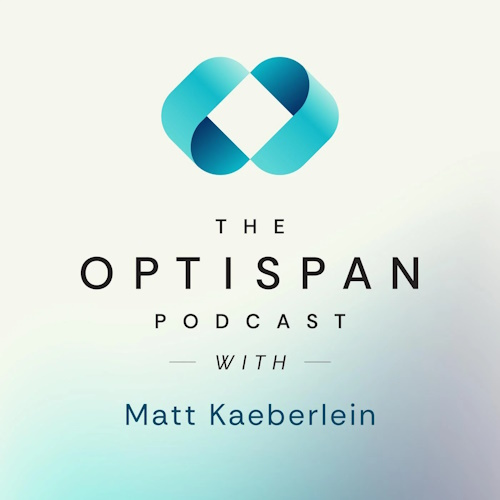Most Longevity Experts Don’t Tell You This About Aging
Matt explores ways to identify and classify ageing genes to predict age and enhance longevity
Ageing genes are those whose expression changes predictably with age or that influence lifespan by affecting ageing-related biological processes. Research into these genes enhances our understanding of ageing and could lead to therapies that extend healthy lifespan by delaying age-related diseases such as Alzheimer's, cardiovascular disease, and cancer. In this episode, Matt discusses how to identify ageing genes, their role in predicting age, and the potential for genetic modulation to optimize longevity.
Key Points
This episode centres on Matt investigating how to pinpoint and categorize ageing genes, their use as age predictors, their potential as longevity regulators, and the biases inherent in genetic screening. He also discusses his insights on improving longevity through genetic modulation.
- Ageing Genes Classification: ageing genes are categorized into Type 1 (biomarkers reflecting age) and Type 2 (directly affecting biological ageing). Type 2 genes impact ageing processes and can either accelerate or decelerate ageing.
- Type 2 Genes Impact: These genes have been shown to influence lifespan and health span significantly. For example, mutations in daf-2 in C. elegans can double lifespan, and overexpression of sir2 in yeast extends lifespan.
- Human Longevity Genes:
FOXO3A: Associated with increased lifespan and reduced age-related diseases in humans.
APOE: Variants influence susceptibility to age-related diseases, with some offering protection.
- Gene Expression vs. ageing: Research often focuses on reducing gene expression to slow ageing, but increasing the expression of certain genes may also extend lifespan.
- Unexplored Research Potential: There are likely many more ageing-related genes yet to be discovered. Current research mostly explores the reduction of gene activity, but increasing gene expression could offer new avenues for extending lifespan.
- Evolutionary Perspective: Genes have evolved for reproductive success rather than longevity, meaning there is untapped potential in optimizing genes for better ageing and health span.
Visit website: https://www.youtube.com/watch?v=nX8MmpCyooI
See alsoDetails last updated 14-Aug-2024



